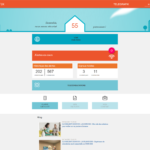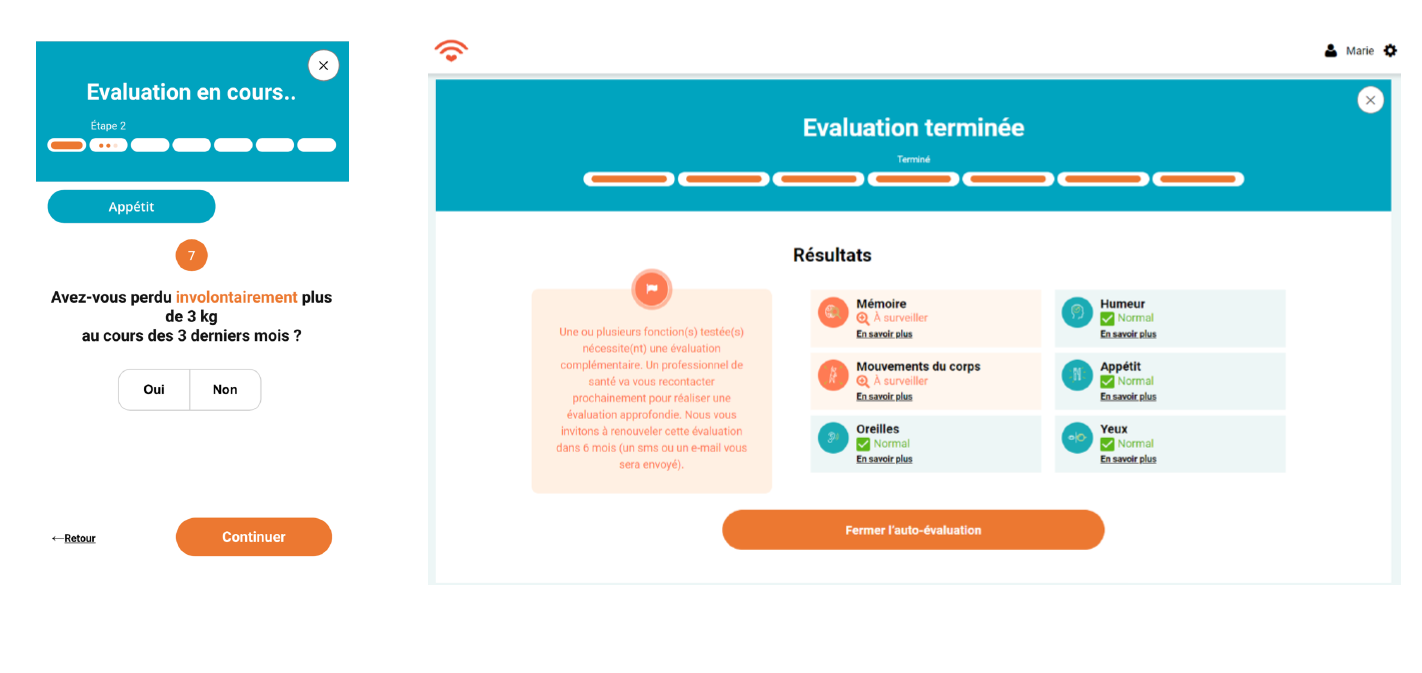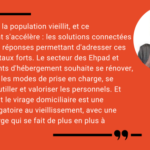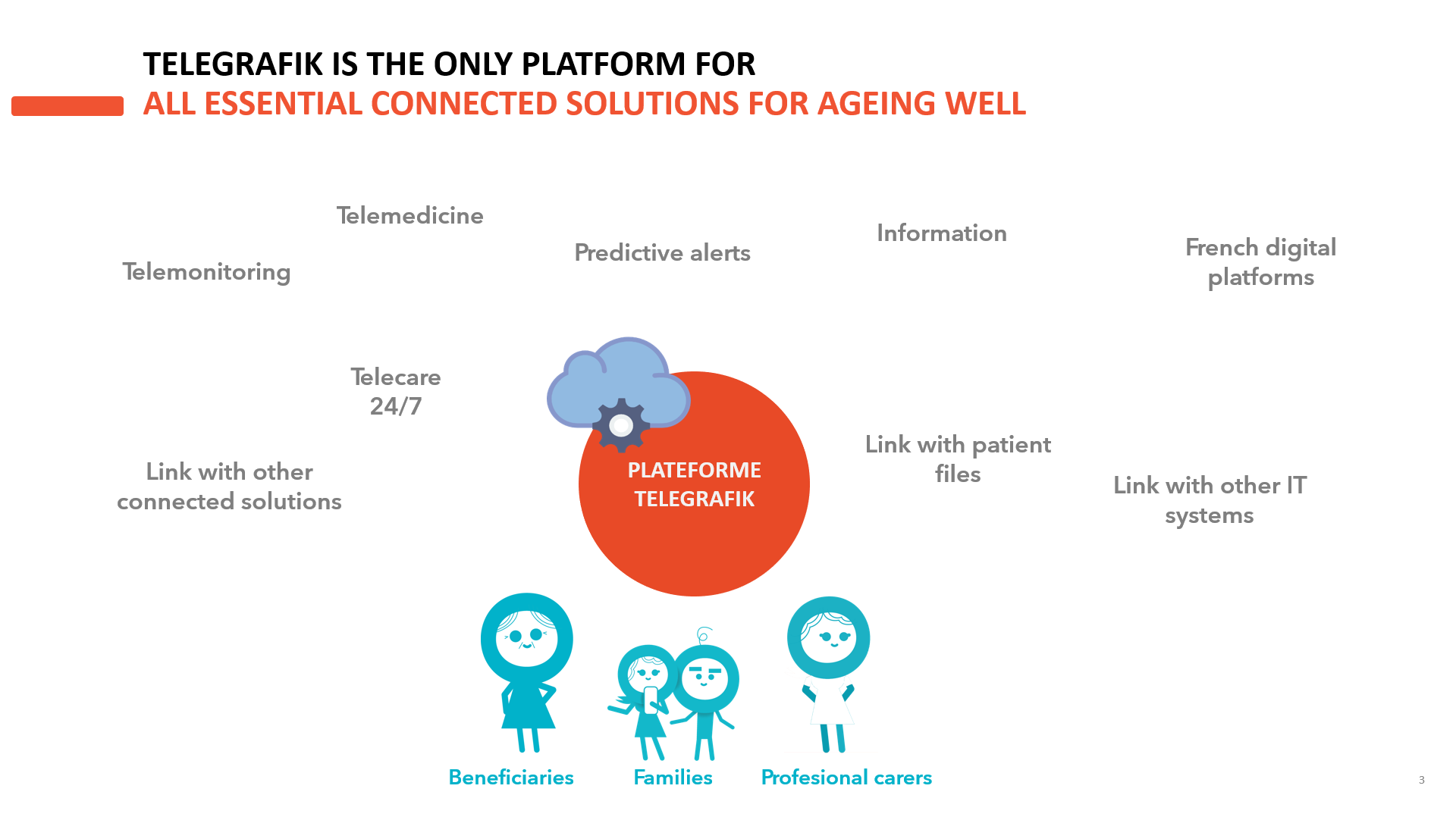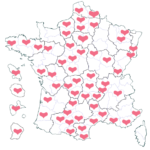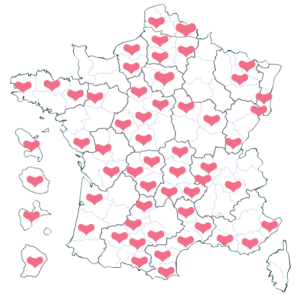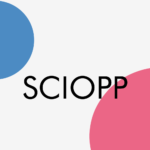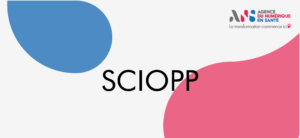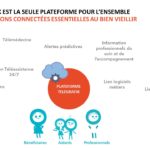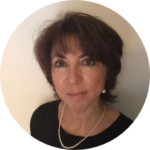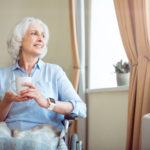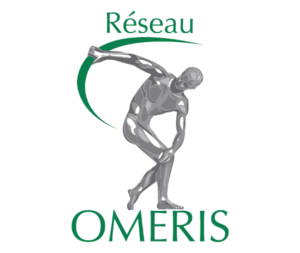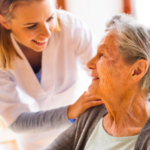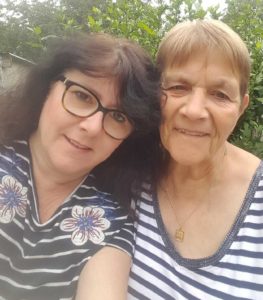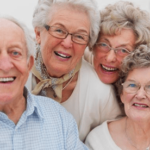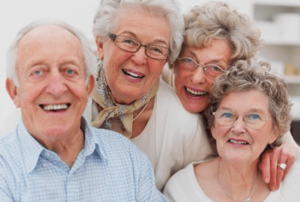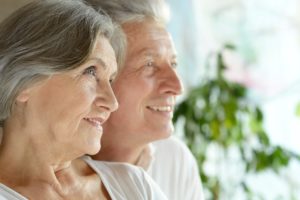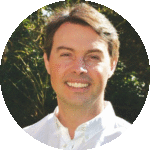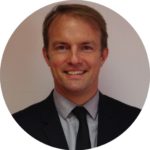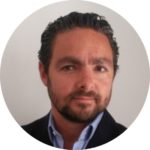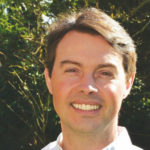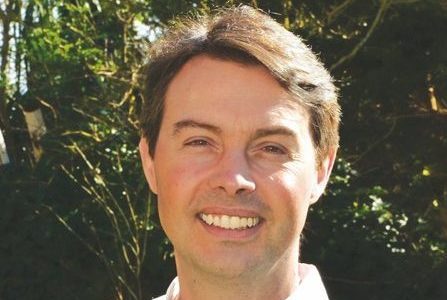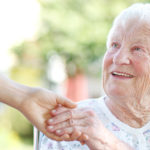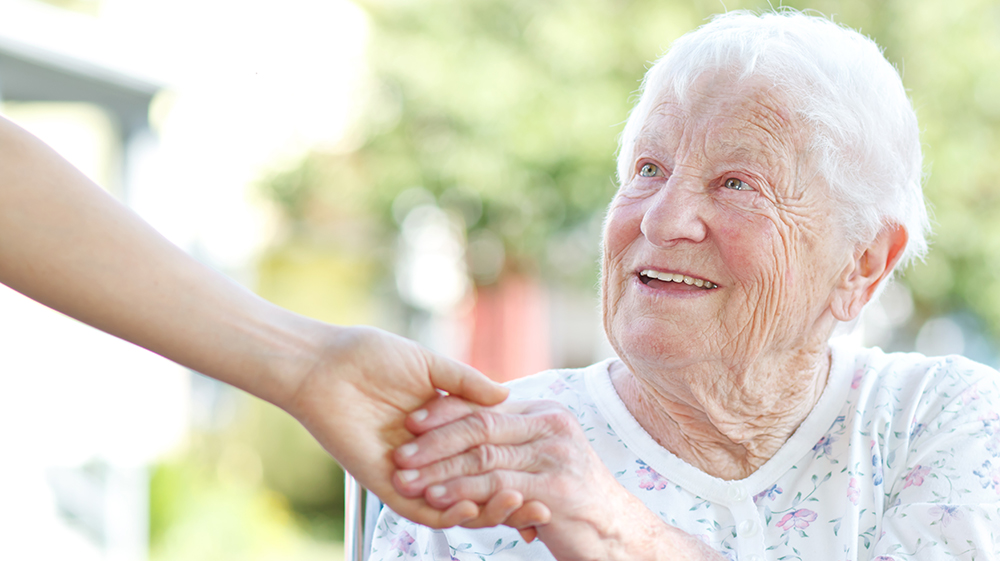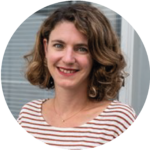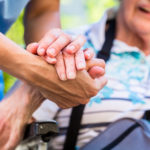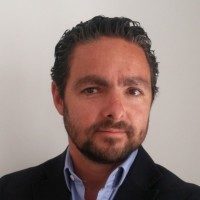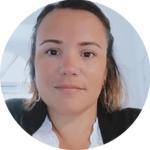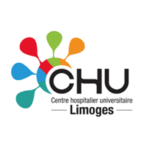The ICOPE (Integrated Care for Older People) tool was developed by the World Health Organization (WHO) to improve the monitoring and management of the health of the elderly. Designed to detect and prevent loss of autonomy in seniors, ICOPE offers a structured framework for assessment, monitoring and intervention.
Now, Telegrafik has been offering the ICOPE tool to all its partners. It is now immediately accessible from the extranet homepage for a quick and simplified follow-up of all your questionnaires.
Objectives of the ICOPE tool
The main objective of ICOPE is to prevent functional loss in the elderly by early detection of signs of fragility.
By offering tools for regular and personalized monitoring, ICOPE aims to promote healthy aging, allowing seniors to stay independent and active longer by continuing to do what they love. Finally, the ICOPE tool improves the quality of care. Indeed, it facilitates an integrated and coordinated approach to care, involving different health professionals for better management of the elderly.
ICOPE allows the assessment of intrinsic capacities :
- Mobility
- Memory
- The view
- The audition
- Nutritional status
- And the mood
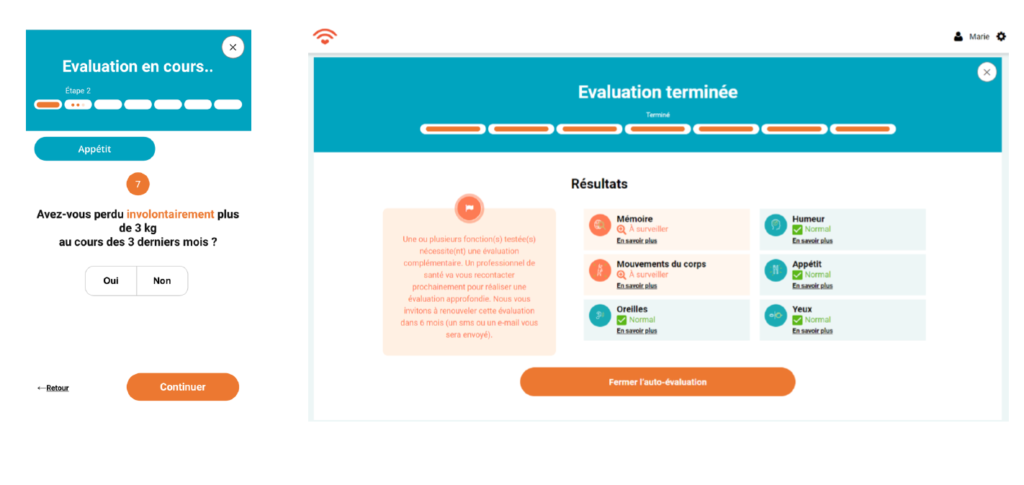
A simple and intuitive user experience
The ICOPE by Telegrafik tool is intended to be accessible to anyone with a loss of autonomy. It offers a simple and intuitive user experience.
Through its double authentication, it ensures maximum security for the protection of each patient’s data.
ICOPE by Telegrafik can be used for self-assessment on any device – smartphone, computer, tablet – or hetero-assessment with a professional or family caregiver. In addition, the tool offers a relaunch system to allow the patient to repeat his assessment at regular intervals.
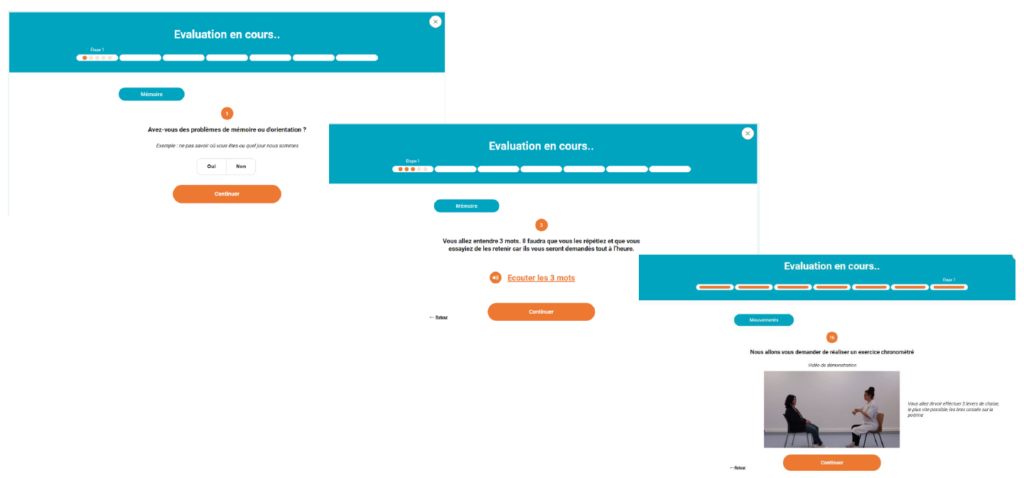
Once the evaluation questionnaire has been completed, the results are automatically displayed on the screen of the recipient who has just passed the test. It is also possible to download them in PDF format.

The alert manager path
When a patient carries out an assessment, the health professional receives the questionnaire on alert. He can then contact the patient/senior again to consider possible follow-up.
The healthcare professional receives all the results of the assessments to be processed, and manages his territory via the secure professional portal. From this portal, he has access to the information of all his patients, questionnaires made by each and a history of all alerts.
It can easily process alerts and change the status of an alert once it has been processed.

Via the tool, the results are downloadable in PDF and an analysis module provides a quick overview of all the assessments of the same patient.

“It’s a wonderful tool,” says Carole Zisa-Garat. “The health professional has his dashboard with all the alerts in front of him. It is now accessible from the extranet for all health professionals who do not need to reconnect in each application, they are automatically recognized. The time and energy savings are second to none.”
With ICOPE by Telegrafik
The WHO ICOPE tool represents a major step forward in the monitoring and management of the health of the elderly. By offering regular assessments, personalized interventions, and improved coordination of care, ICOPE by Telegrafik helps prevent functional loss and promote healthier aging.
By now offering it to all its partners and making it integrated into its customers’ applications, Telegrafik makes it possible to offer more effective monitoring and support, thus improving the quality of life of the elderly and reducing health costs.


